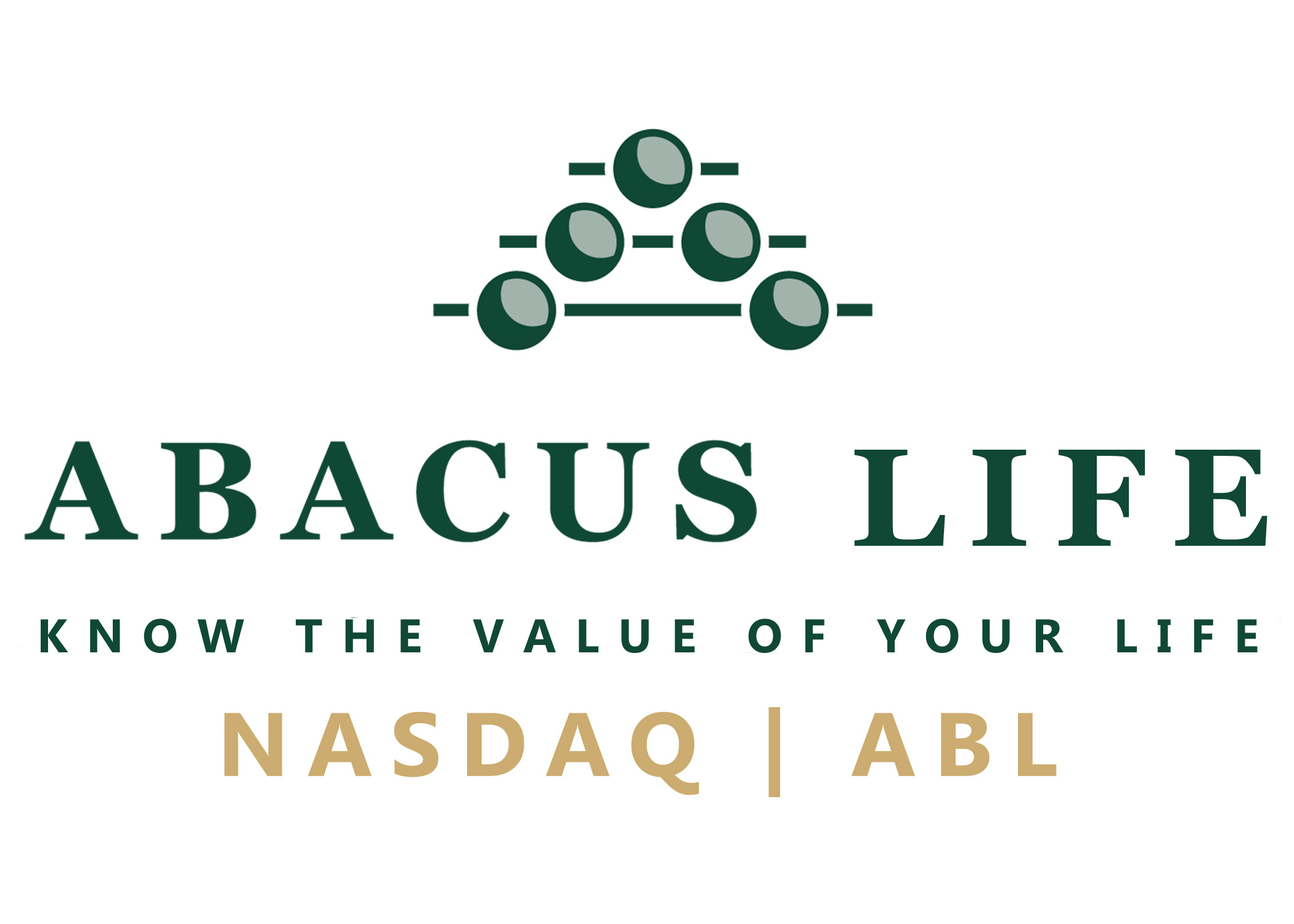As a direct buyer, Abacus has created a streamlined process to make selling your policy fast while cutting out the middle man so we can pay you more. Abacus Life breaks down the method of how to sell your life insurance policy into eight simple steps.
1. Deciding to Sell
Before deciding to sell your policy, the policyholder and their beneficiaries must consciously pursue this option. That means contacting your financial advisor or the Abacus team and looking into all alternatives to ensure that it is the most beneficial solution for you.
There is no cost or obligation to accept an offer at any time.
2. Determining Eligibility
Certain specifics determine if an individual will qualify, such as premiums, the life expectancy of the insured, and the death benefit.
The information disclosed will be used by an in-house medical underwriter who will calculate the insured’s life expectancy using medical records and determine how much the policy is worth at no cost to the insured.
3. The Offer
Abacus, or the chosen buyer, would then extend an offer to the insured. The proposal would be more than the price but less than the net death benefit. The buyer must be licensed in the state in which the owner of the policy resides.
4. Acceptance
If the amount offered by the licensed buyer is acceptable to the policy seller, they can choose to accept the offer and request the required documents for review.
5. Contracts
At this time, the licensed buyer generates state-approved contracting documents.
These documents record the life settlement transaction and spell out the agreement between the seller and the purchaser. Both parties must sign and notarize the contracts.
6. Verification
Once the contracts are executed and all the required accompanying documents are received, the verification process begins. Often completed by a third party like a law firm, this verification agent will check that all the contracting forms have been completed correctly. They may also check that the policy is in full force and good standing with the insurance company.
They will verify that the funds for the purchase are in an escrow account for the policy seller.
7. Change of Ownership
Subsequently, we send a request for an ownership change to the insurance carrier. This ensures that the owner is changed from the current policyholder to the buyer or the financing entity that the buyer names as owner.
8. Funds Transfer
After the insurance carrier has confirmed that the purchaser is listed as the owner, the escrow agent is instructed to release the funds to the seller. The new owner is now responsible for all premiums, and the seller has received payment for the transaction.
This is the last step of the process and concludes the transaction. The insured is then free to use the money at their discretion.








